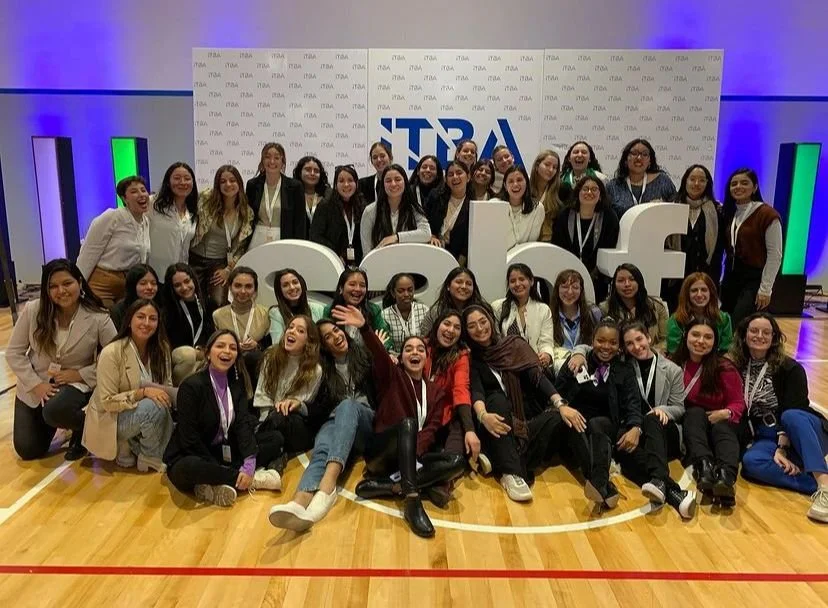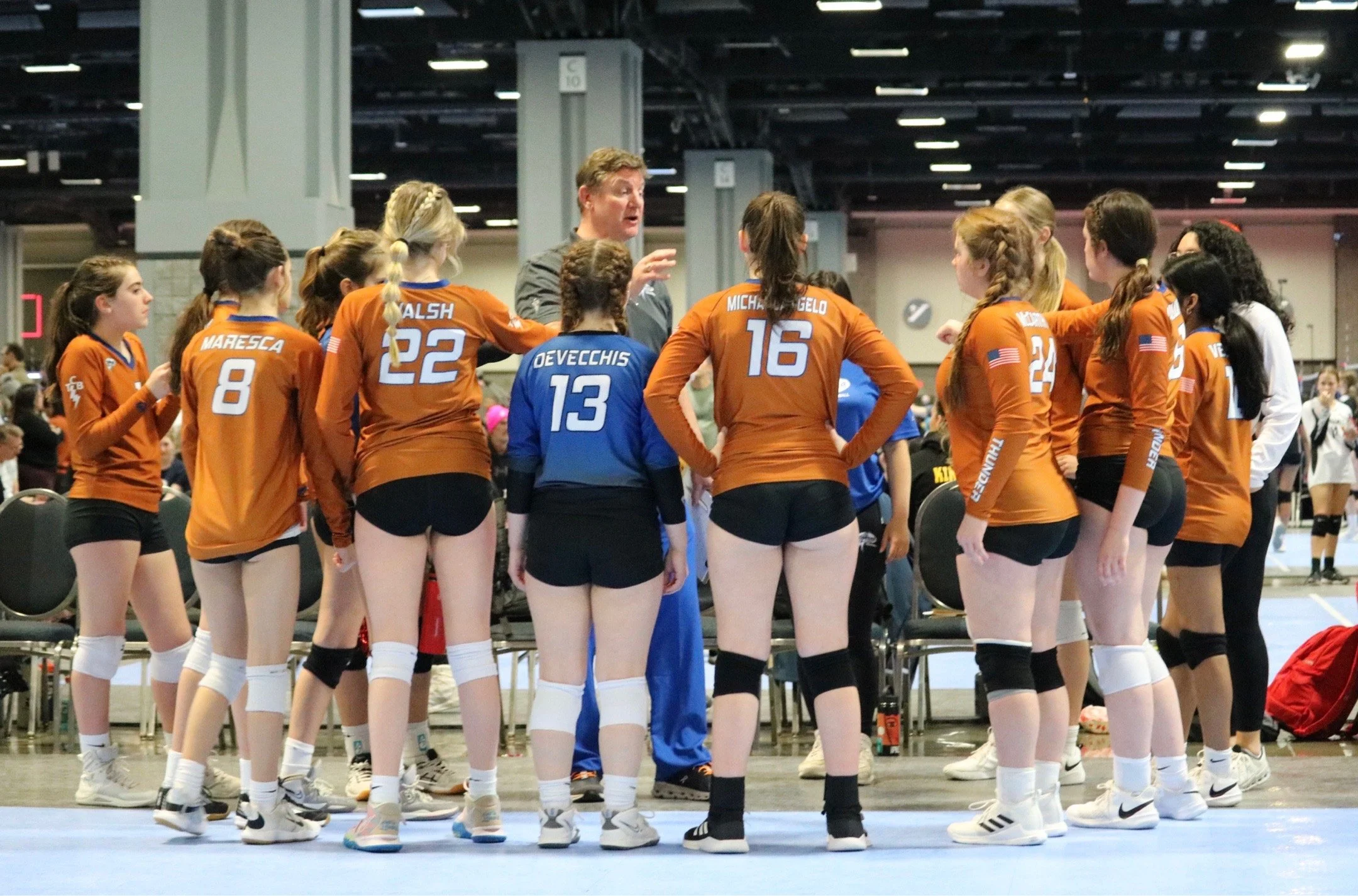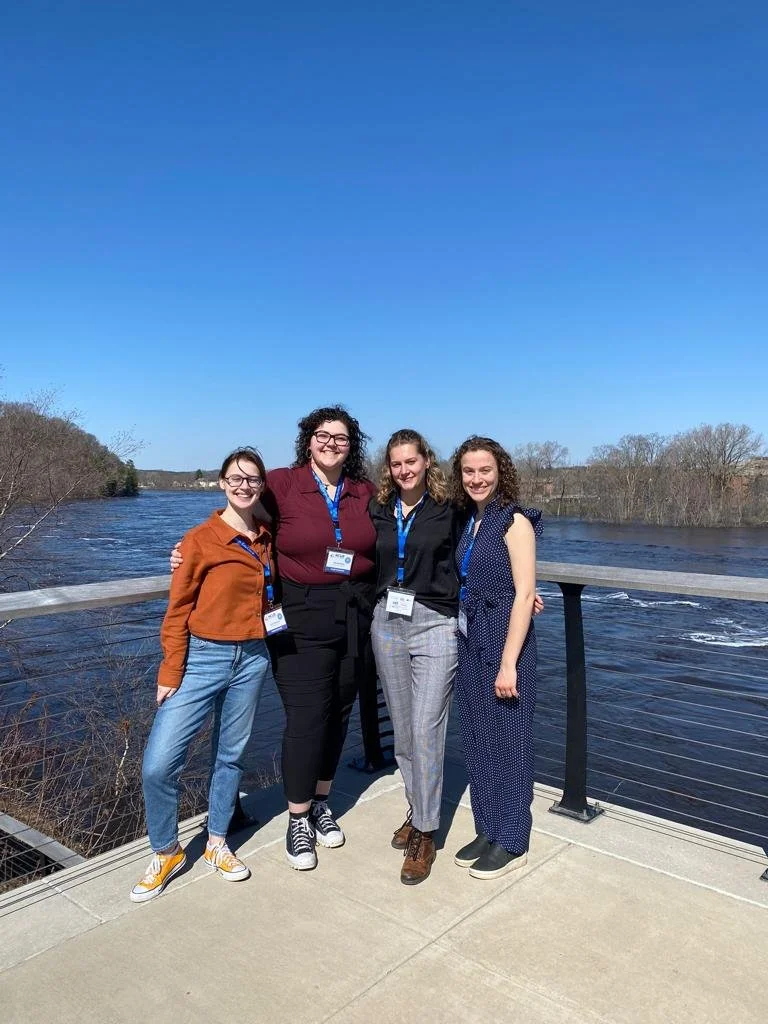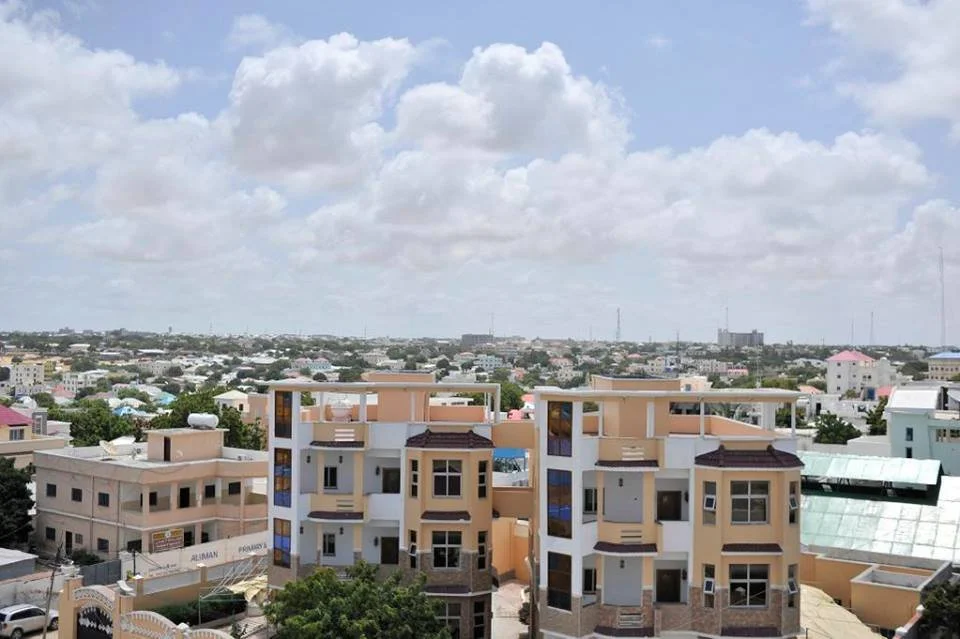By Annalisa Jackson
On the morning of October 4, 2019, leading practitioners and scholars from government agencies, universities, and NGOs gathered at the United States Institute of Peace in Washington, D.C., for a one-day workshop on “Improving the Impact of Reconciliation.”
During the workshop, which was organized by the Mary Hoch Center for Reconciliation (MHCR) with Inclusive Peace and the United States Institute of Peace (USIP), the conceptual frameworks of reconciliation and best practices in post-conflict reconciliation processes were discussed, highlighting the experiences of local peace activists and reconciliation practitioners from Nigeria, Colombia, and Iraq.
The workshop was the first event organized by the Mary Hoch Center, the newest center at the School for Conflict Analysis and Resolution at George Mason University in Arlington, Virginia. As MHCR is committed to bringing scholars and practitioners of reconciliation together to research reconciliation practices and develop the impact of ongoing and future reconciliation processes, this workshop marked an exciting beginning to its activities.
The breadth of backgrounds represented among the workshop participants reflected the many forms that reconciliation processes can take.
“It’s a relief to see that there are many variations on the definitions,” commented Beatrix Austin from the Berghof Foundation after a mapping on reconciliation was presented by Simon Keyes of Winchester University. Keyes’ mapping presented the widely differing conceptualizations of reconciliation, ranging from community to state-level and from “minimalist” to “maximalist” approaches. His presentation began the morning’s discussion on the conceptual framework of reconciliation.
“What’s necessary is not to be overwhelmed by all the definitions but actually to locate ourselves on which type of reconciliation we are working with,” Austin continued. In her own presentation, Austin highlighted that reconciliation often happens in complicated and messy contexts and requires both humility and caution. She suggested that “our intentions should be in strengthening the field and keeping reconciliation people-centered.”
During the workshop, the presentation of case studies reinforced the need for people-centered approaches to reconciliation.
Read full article here.










